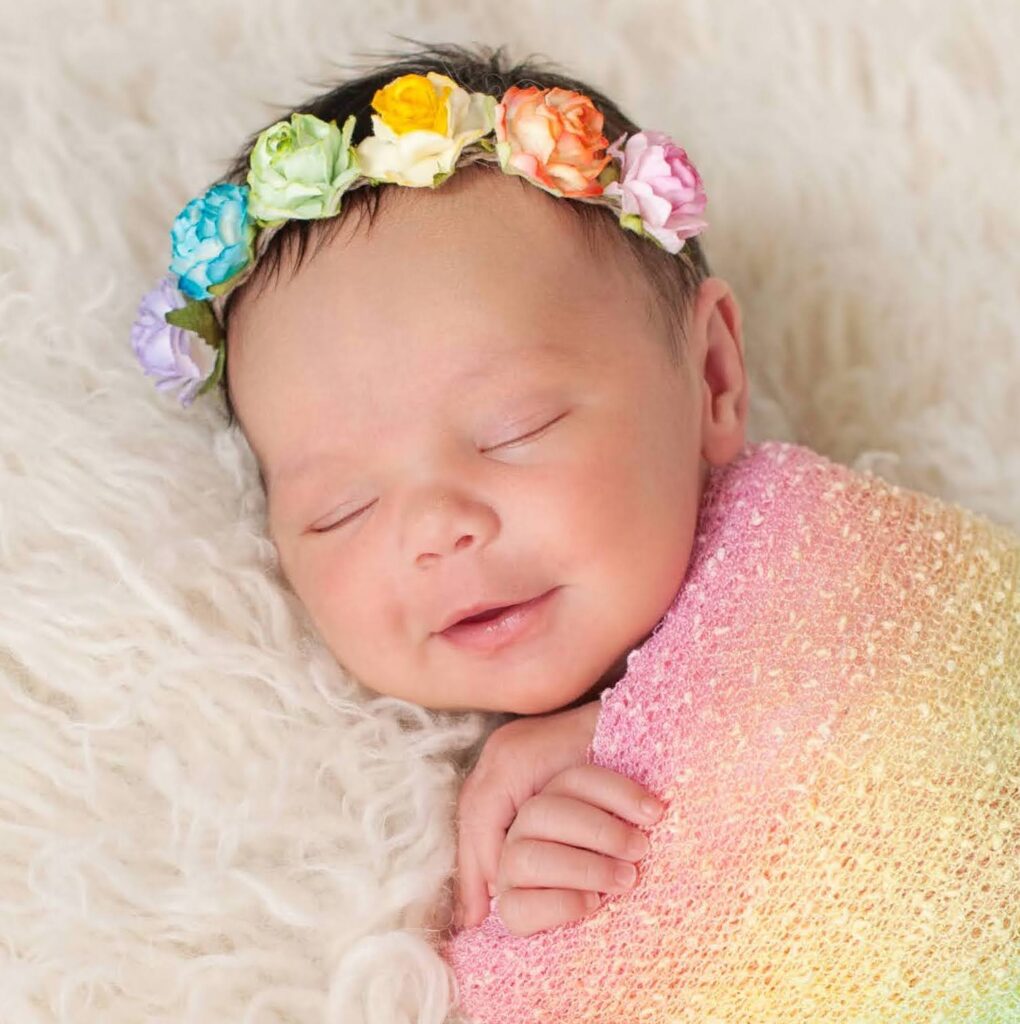Perinatal Loss
Understanding Perinatal Loss
Possibly the most heartbreaking and least spoken about form of grief is perinatal loss. Despite this being a fairly common occurrence, it is often minimized or avoided in conversation. This can leave both parents and family members feeling isolated in their pain and grief.
A mother is never defined by the number of children you can see, but by the love that she holds in her heart.
—Franchesca Cox
What Is Perinatal Loss?
Miscarriage, ectopic pregnancy, stillbirth, neonatal death (when a baby dies in the first 28 days of life), or other loss, such as a vanishing twin, compounds grief. It is the loss of a life, the loss of the role you thought you would be playing as a parent, the loss of hopes and dreams for your little one and their future. It seems to devastate every aspect of your life. Therapy can provide a safe place to truly grieve and then, when you are ready, it can provide a base so you can start to build again.
“How very softly you tiptoed into my world. Almost silently, only a moment you stayed. But what an imprint your footsteps have left upon my heart.”
—Dorothy Ferguson
What Is a Rainbow Baby?
A rainbow baby is a beautiful term to describe a baby born after a family has experienced a loss due to miscarriage, ectopic pregnancy, stillbirth, or neonatal death. It so eloquently expresses that the joy of bringing a new baby into the world is a beautiful, magical experience, but it does not mean the storm of perinatal loss did not happen. The baby that was lost is not forgotten nor is the joy for the baby born minimized.

“The greater the storm, the brighter the rainbow.”
—Unknown
Understanding Treatment
Treatment after perinatal loss is very similar to grief therapy, but with even more focus on how to handle a grief that often goes unspoken. Therapy will provide a safe place to unfold your grief while simultaneously understanding the prevalence of perinatal loss, causes of perinatal loss, and the statistics of a possible future miscarry or perinatal loss. Therapy will allow you to share about your baby or babies along with the dreams related to being a parent. This will be done in a safe and understanding environment where we will not try to fix a loss that cannot be fixed. Grief is natural; more often than not, in order to heal or to begin functioning again, all we need to do is mourn—to allow the internal grief to be experienced externally and to be witnessed.
What we once enjoyed and deeply loved we can never lose, For all that we love deeply becomes a part of us.
—Helen Keller
Other times, in cases where you are stuck in your grief or are experiencing persistent or complex bereavement, where you are not able to function, we are able to utilize different tools and therapy modalities to help you move forward without letting go of your baby. The gold standard for prolonged grief is psychotherapy. This is where you discuss your feelings, behaviors, and thoughts. The most common modality used is cognitive behavioral therapy (CBT), which teaches you to challenge maladaptive thoughts, thus changing your behaviors and outcomes.
